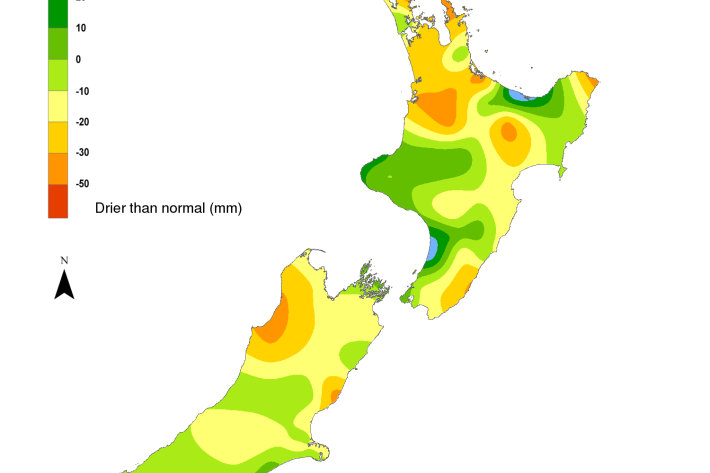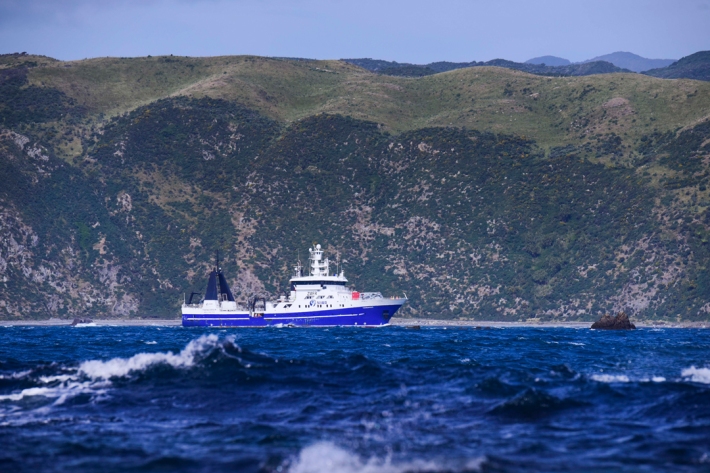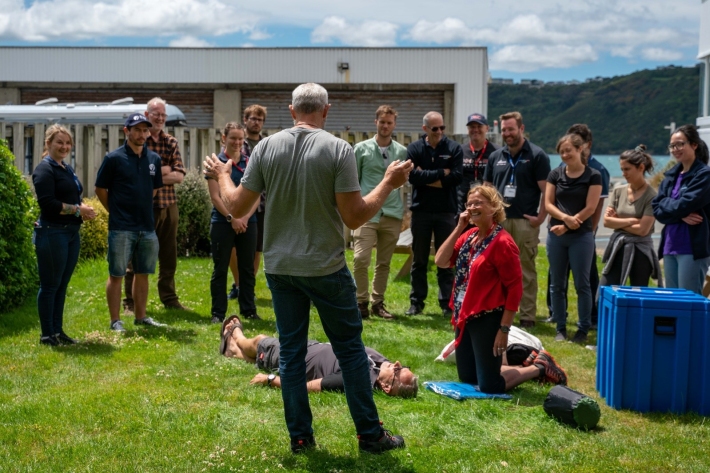-

Lesson six: Impacts of air pollution
Education ResourceIn this lesson you’ll learn more about how air pollution affects the environment as well as people’s health. -

Lesson five: Indoor air quality and ventilation
Education ResourceIndoor air quality can affect how healthy your home is. Learn more about indoor air quality in this lesson. -

Lesson four: Air quality and weather
Education ResourceAir quality is affected by the weather and the shape of the land. This lesson explores why air quality differs in different parts of NZ. -

Lesson three: Measuring particles in the air
Education ResourceThis lesson explores how air quality is measured all around Aotearoa New Zealand and where you can access that data. -

Lesson two: The air in our lungs
Education ResourceSmall air pollution particles can get into our lungs and even our bloodstream. This lesson explores what happens to the air we breathe in. -
Diquat use for submerged weeds
Diquat is a herbicide (chemical) that has been used in New Zealand for many decades for submerged (underwater) weed control and also on agricultural crops. It is registered for freshwater use in New Zealand. -

Message in a bottle: Dr Jenny Visser
This is now my eighth voyage to Antarctica on Tangaroa. While my medical skills have been called on many occasions, my daily consultation rate at sea is low. So, I fill my time with other activities including getting involved in the science if needed. -

RV Tangaroa spots first iceberg
At midnight on Saturday, the crew on-board RV Tangaroa spotted the first iceberg of the voyage. -

How does a fish climb a ramp? Very, very cleverly…
Feature story18 January 2021New Zealand’s native fish are doing their best to climb up ramps in a NIWA laboratory so scientists can learn how to better help them navigate our tricky waterways. -

Hotspot Watch 15 January 2021
Hotspot15 January 2021A weekly update describing soil moisture patterns across the country to show where dry to extremely dry conditions are occurring or imminent. Regions experiencing significant soil moisture deficits are deemed “hotspots”. Persistent hotspot regions have the potential to develop into drought. -

Science update 1 from Richard O’Driscoll, Voyage Leader
We have officially entered Antarctic waters! Five days after leaving Wellington on the Ross Sea Life in a Changing Climate (ReLiCC) 2021 voyage. -

Voyage update 1 from Evan Solly, Ice Pilot
Ice Pilot Evan Solly gives an update from the first week on-board NIWA's research vessel Tangaroa as they embark on a six-week voyage to Antarctica.
